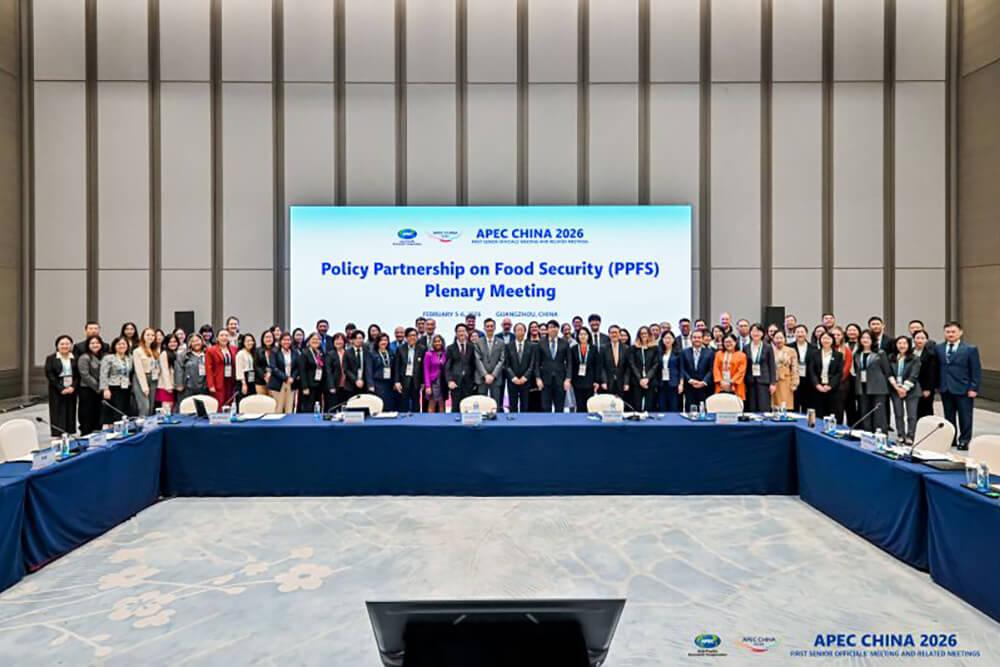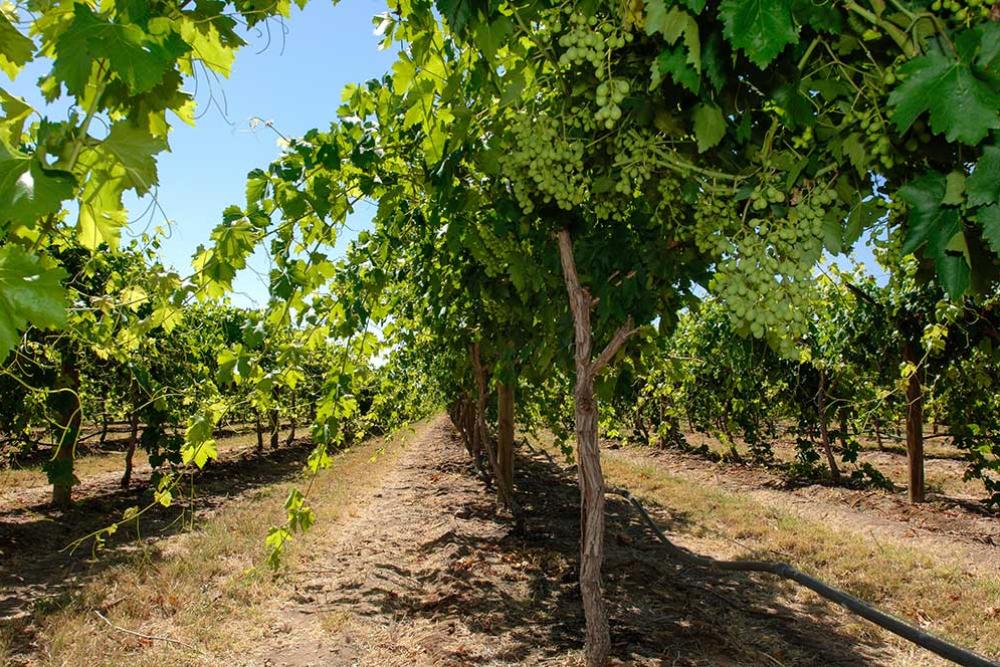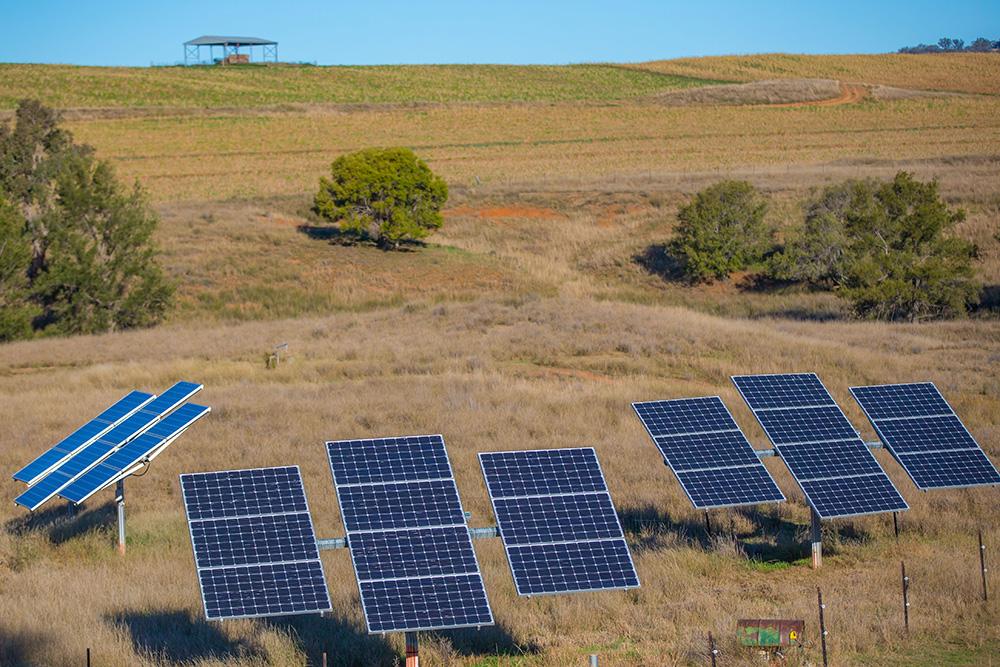Reform of global agricultural subsidies and tariffs at the World Trade Organization would support better environmental and food security outcomes, according to the latest ABARES Insights paper.
Executive Director of ABARES, Dr Jared Greenville, said taxpayers and consumers bear the brunt of hundreds of billions of dollars spent every year on agricultural support policies that inadvertently create adverse environmental impacts.
“Some forms of agricultural support distort production decisions in a way that encourages excess production and the use of inputs above and beyond what the market demands,” Dr Jared Greenville said.
“This excess can lead to environmental harm in the form of more emissions and more chemical use.”
The most environmentally harmful agricultural support policies, such as tariffs, price floors and payments linked to agricultural inputs and production, cost taxpayers and consumers around the world US$472 billion a year, between 2019 to 2023. This figure climbs to US$671 billion a year when export restrictions and other market price-deflating policies are included.
Europe and Asia provided the most environmentally harmful support as a share of farm income between 2019 and 2023. Australia and New Zealand recorded some of the lowest levels.
The report, Addressing Environmental Harm: Reforming Agricultural Support, details how removing and redirecting environmentally harmful support has the capacity to improve environmental outcomes.
Dr Greenville said the report details that “what is good for efficient global agricultural production is also good for the environment”.
“It is possible to minimise the environmental impacts of agriculture without compromising food security,” he said.



